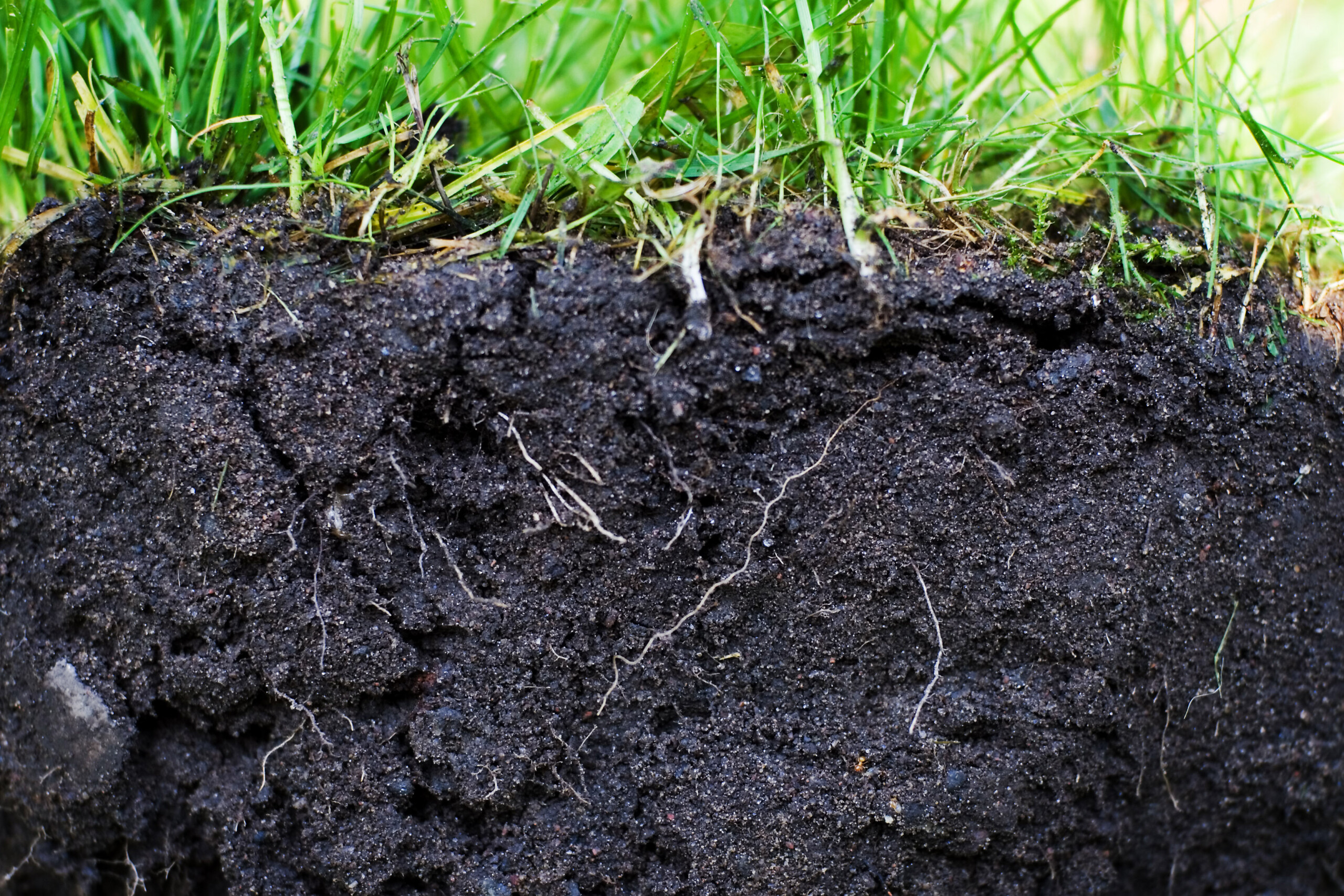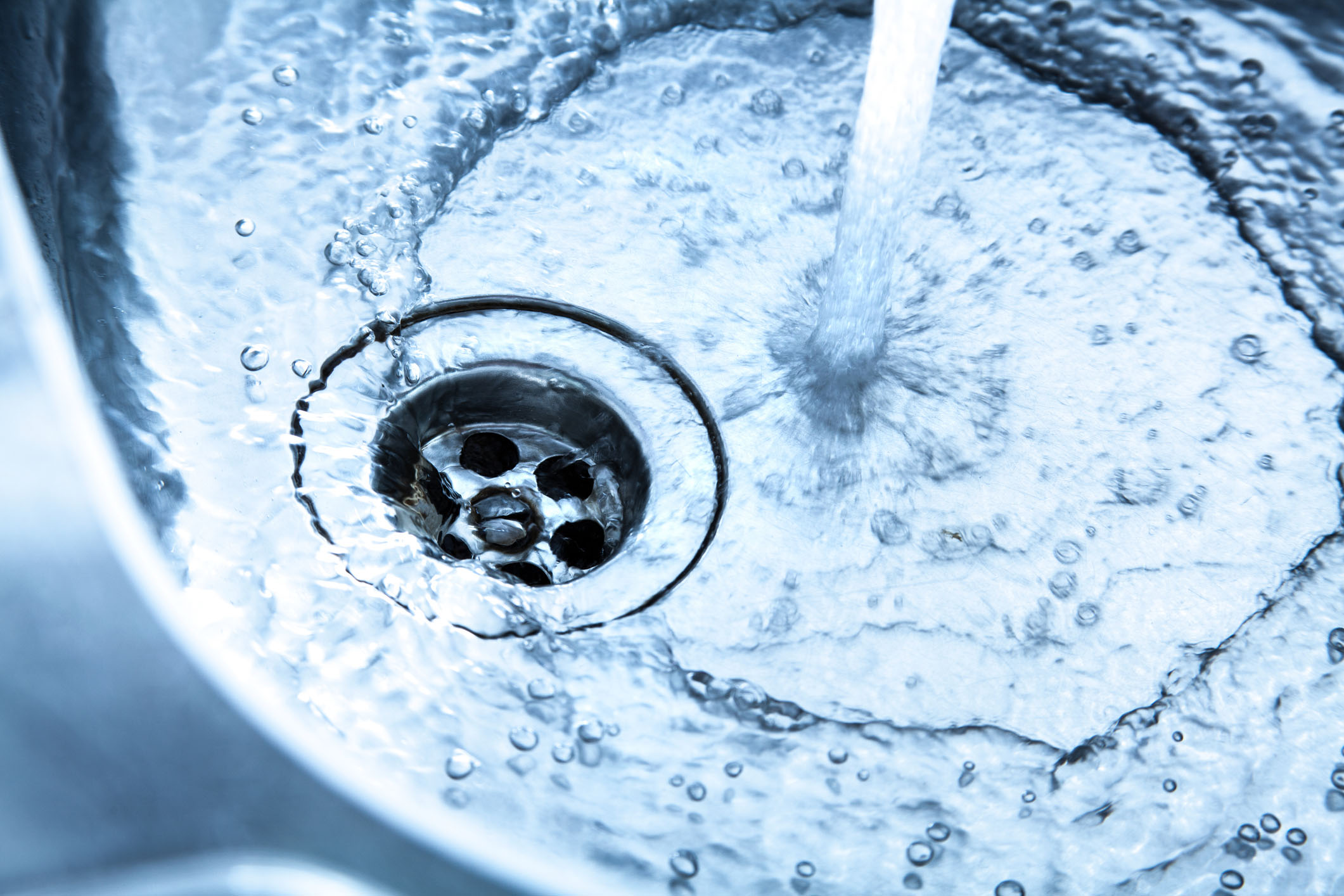An estimated 1.7 million people in Georgia rely on 640,000 private wells for their drinking water supply. The Georgia Environmental Protection Division enforces EPA’s drinking water quality standards for human consumption in public water supplies according to the Federal Safe Drinking Water Act. However, private wells are not regulated. Consequently, private well water users are responsible for ensuring the quality and safety of their water supplies for domestic, livestock, and irrigation use.
The Agricultural and Environmental Services Laboratories has created an online tool that allows well owners to receive instant interpretations and recommendations for drinking water quality based on the results received from a water testing laboratory. The user enters the test results into the online form, and the interpretation of data is given upon submission. This tool also provides recommendations to the user when necessary.








